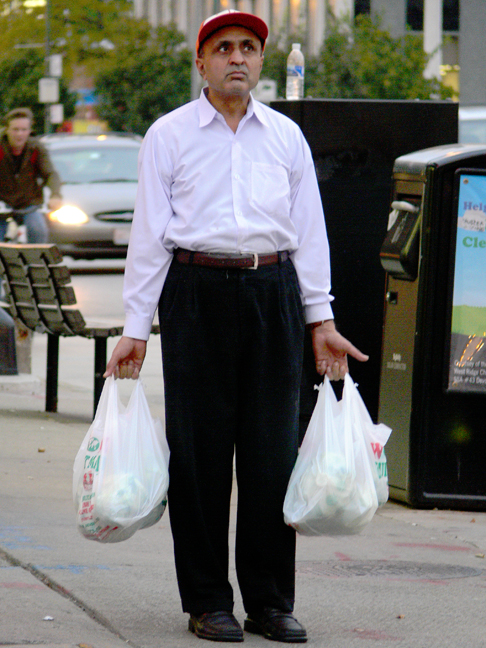
America is known for something called freedom. However, the fact is Americans experience a significant amount of regulation and control over their everyday behavior. At nearly every turn, the dictates of innumerable higher authorities insert themselves into our consciousnesses. Stop lights, speed limits, I.D. required, price of admission, face the boss, put in the time, follow the law, guarantee the outcome, risk the consequences, deal with the customer, etc., etc. Choice? Yes, we have choice. But unless we comply, the threat of those choices being taken away from us is very real. Bob Dylan put it this way: "It may be the devil or it may be the Lord, but you're gonna have to serve someone." The ideal in America is that all those rules and regulations will have been formulated by us, for us. In other words, our U.S. Constitution and most subordinate state and local Constitutions, provide a path for us to participate in the decisions of our governments, either directly at Town Hall meetings or via representation, i.e. Mayors, Governors, Congressmen, and Senators. Unfortunately, the distance between our reasoned voice and the sound of gavels affirming new regulations for us to follow has grown so vast that most of us have little sense anymore that the actions of our governments either represent our wishes or even have our best interests in mind. Instead of willing compliance for the common good, a growing number of Americans, if not all of us at some point, display peeved frustration and an enthusiastic willingness to go around not only the rules we don't agree with, but outside the proscriptions of the Constitution itself. "We are more important than any of those hair-brained rules," we rationalize. And with each new decision to circumvent, the efficiency of government and the equity of our economy falters. A few fast individuals get through the bottleneck. The rest of us find ourselves mired in a mess. The mathematical problem isn't much different for a crowd of people seeking en mass to exit a burning building. Some will get out. Many will get stepped on. Some will perish. And no one who thinks back on the situation will be happy with or proud of the outcome. In shame, we will all know we could have done better, cooperated and coordinated our behavior to a much better outcome. An inspiring leader would certainly have helped. But on our own, there just hasn't been any foundation in our daily lives for trusting the judgement and social consciousness of our fellow citizens. Not only has the distance between our voice and the decisions of government grown, but so has the distance between us and the person right next to us. In this day and age, person to person bonds of community have atrophied almost out of existence. And with no sense of community informing and guiding our decisions, no wonder we don't trust each other. Seemingly, the only rational choice we have is to act in what we believe to be our own best interest. And, to hell with what happens to others. While self-interested circumvention is one way to approach today's social reality, another might be unthinking uncritical compliance. The efficiencies of government and the economy might be preserved that way, but where would our beloved freedom be? We would have given it away to all those increasingly distant and anonymous bureaucrats writing all the rules we'd be so willing to follow. The case is hardly different with blind obedience to well meant but increasingly opaque and irrelevant religious texts. No, community is the answer. We need to both speak up to and critically listen to our neighbors. Only by demonstrating our concern for each other on a daily basis will that much admired social consciousness we all long for be there when we need it. |
• Posted: Nov 03, 2009 09:50:36
• Comments Welcome
• Vote CoolPhotoblogs
• Purchase a Print
• Share
Tuesday, October 20th, 2009 Chicago IL USA |